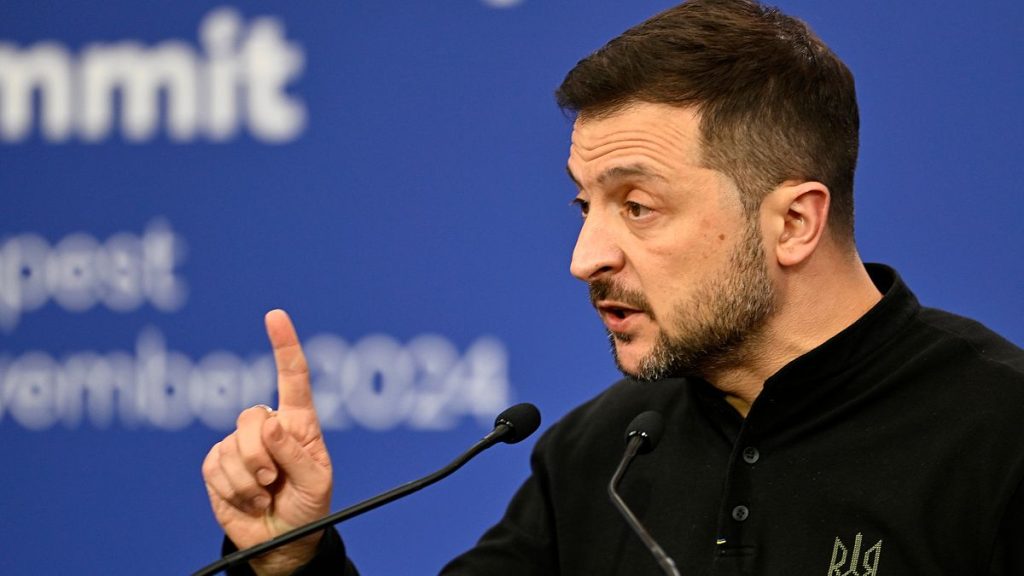In a recent statement, Ukrainian President Volodymyr Zelenskyy has called for intensified efforts against Russia, emphasizing the need for the nation to experience the consequences of war firsthand. In his evening address, Zelenskyy pointed out the success of recent long-range strikes on Russian military installations but insisted on the necessity of sustaining and even amplifying the pressure applied to Russia through diverse channels. He articulated a strategic approach, highlighting that maintaining an aggressive stance is crucial as Ukraine seeks to navigate ongoing challenges posed by the conflict that has escalated into its third year.
During a visit to South Korea, Ukrainian Defence Minister Rustem Umerov is actively engaging with South Korean officials concerning alarming potential military cooperation between Russia and North Korea. This interaction reflects Ukraine’s concern regarding alliances that could bolster Russia’s capabilities in the ongoing conflict. As tensions continue to mount, the United States has taken a keen interest in Ukraine’s military manpower, urging the country to expand its army. A senior US official revealed that Ukraine is currently facing difficulties in recruitment and training, proposing legal reforms to allow compulsory service for individuals starting at age 18, as opposed to the current minimum of 25 years.
The imperative for Ukraine to revitalize its military forces has become critical, especially in light of Russia’s expansive military mobilization. As the war grinds on, the US worries that Ukraine is not enlisting or adequately preparing enough troops to replace those lost in battle, which jeopardizes its ability to withstand Russian advances. The calls for conscription and changes in military laws indicate the urgent need for Ukraine to bolster its defenses in the face of an evolving threat landscape that necessitates a larger and more effectively trained military force.
In a related development, a summit in Sweden highlighted the collective efforts of Nordic-Baltic leaders and Poland’s Donald Tusk to address security concerns stemming from Russia’s actions. The meeting, held in Harpsund, saw Swedish Prime Minister Ulf Kristersson affirming a commitment to elevate support for Ukraine. He noted that the nations represented at the summit are among the largest per capita contributors to Ukraine’s war efforts, underlining a shared sense of responsibility and moral duty to aid a neighboring country under duress. The sentiment reflects a broader regional philosophy advocating for solidarity and proactive measures to counter aggression.
In addition to military support, Poland’s Prime Minister Donald Tusk brought forth an innovative idea for enhancing security in the Baltic Sea region by proposing the establishment of a “sea police.” This initiative aims to reinforce maritime safety and cooperation among bordering countries, ensuring they are poised to address any potential threats originating from Russia’s naval capabilities. Tusk’s suggestion appears to have resonated positively with his counterparts, showcasing a collective resolve to fortify regional security mechanisms in light of increasingly volatile geopolitical dynamics.
The concerted efforts by Ukraine and its allies extend beyond immediate military engagement; they encapsulate strategic collaborations that are vital for addressing the multifaceted threats posed by Russia. As President Zelenskyy and regional leaders discuss ways to enhance their defensive posture and support Ukraine’s military readiness, the ongoing dialogue underscores the interconnectedness of security interests and the importance of unity among countries impacted by Russian aggression. This cooperative approach not only reflects the urgency of current military needs but also an enduring commitment to uphold national sovereignty and regional stability in the face of external pressures.














